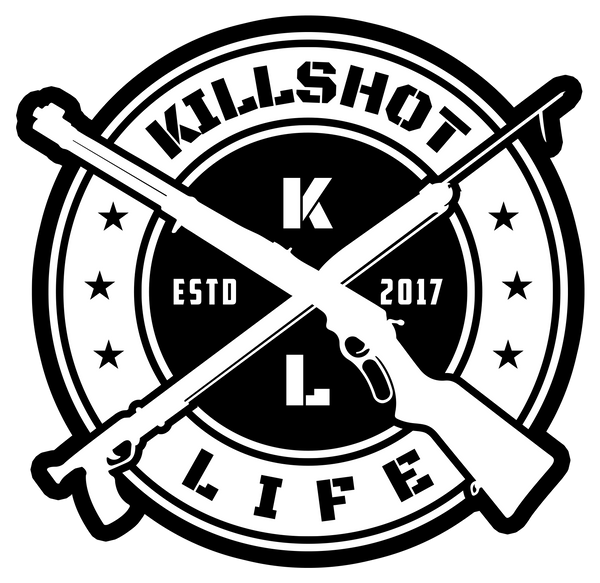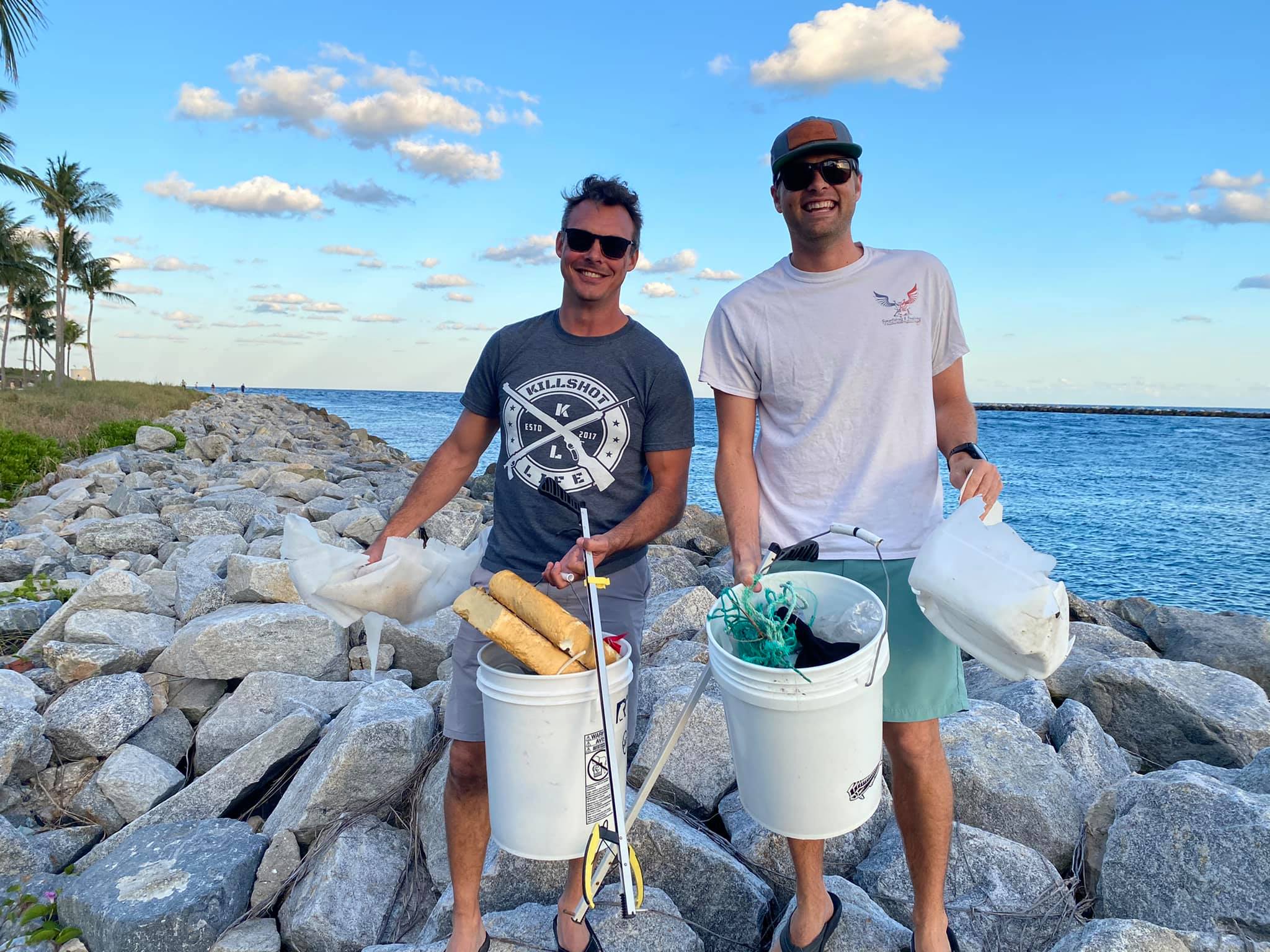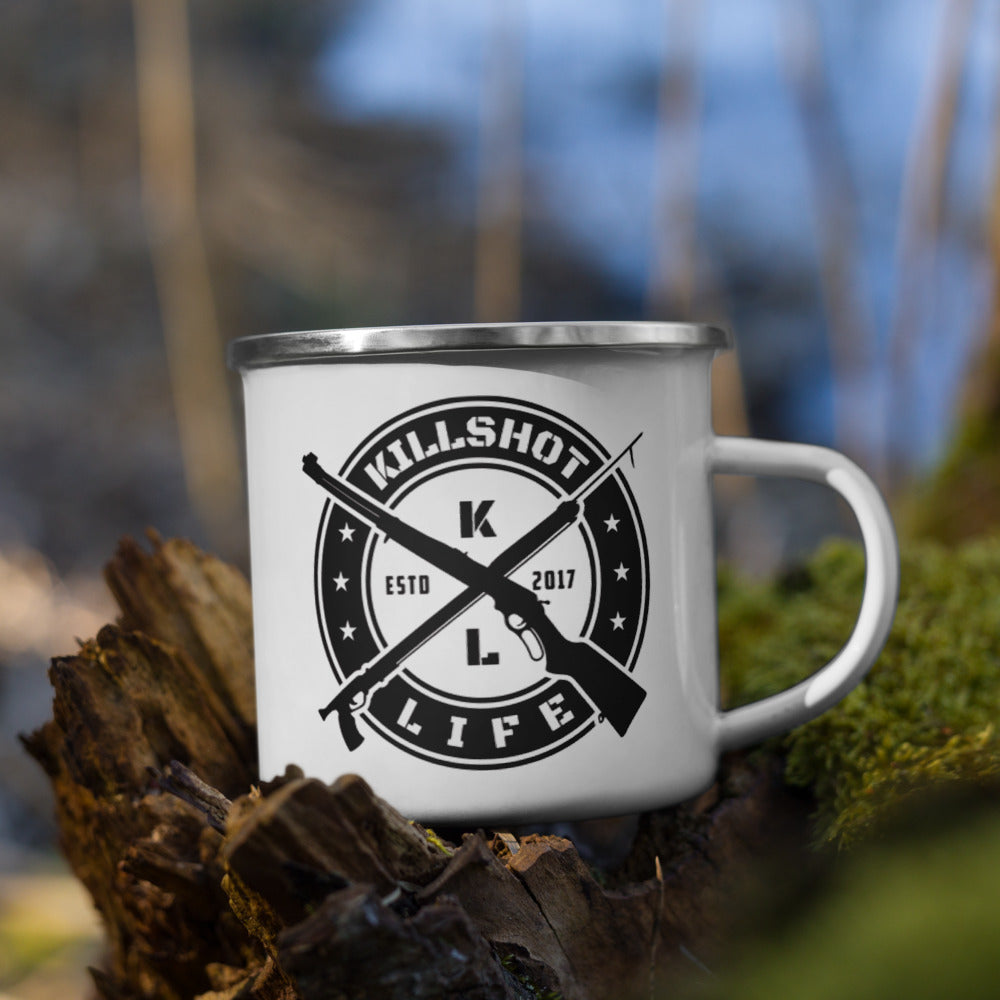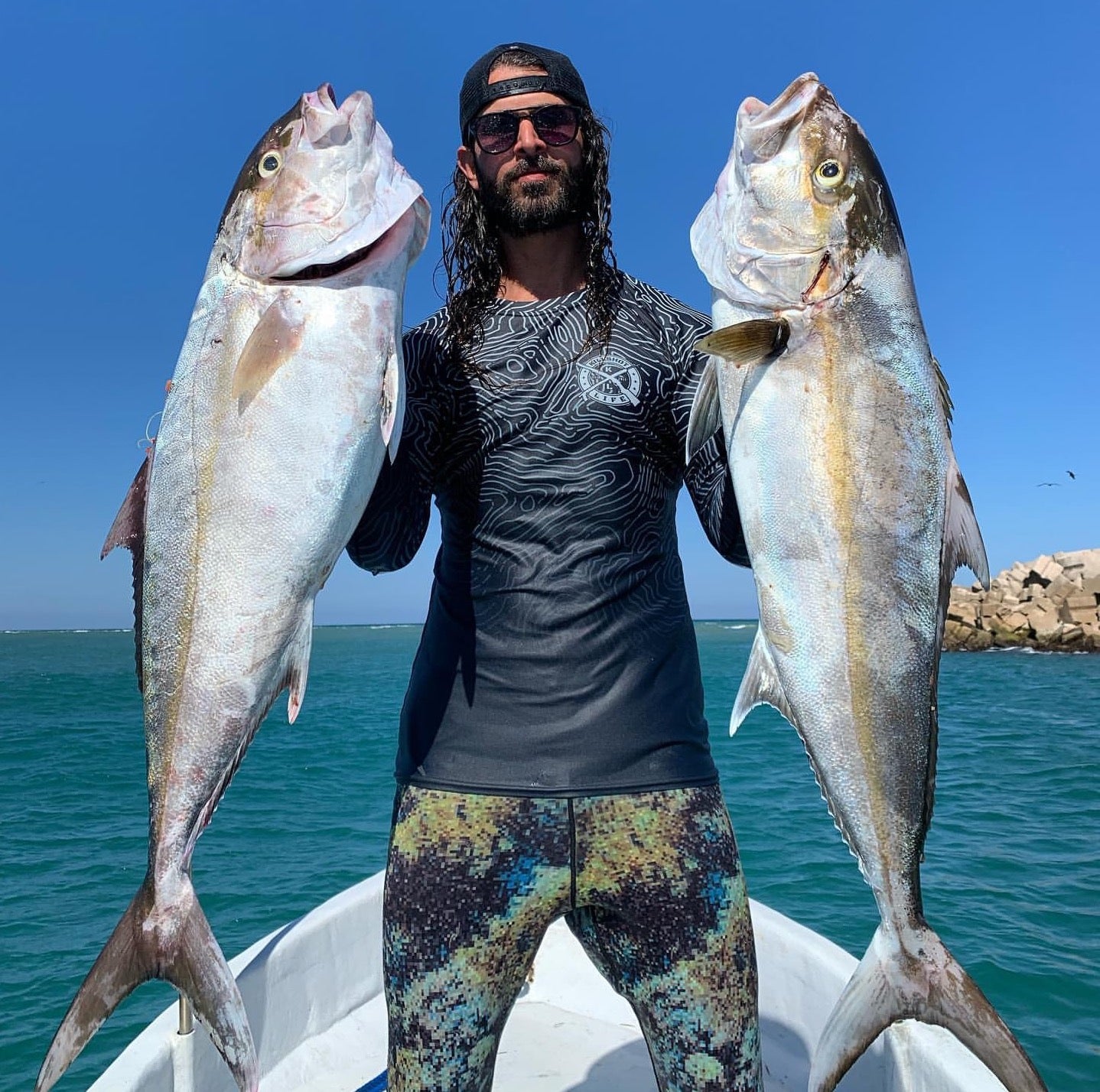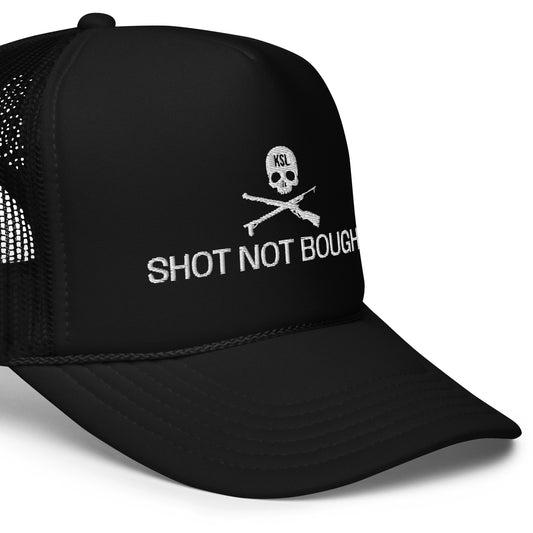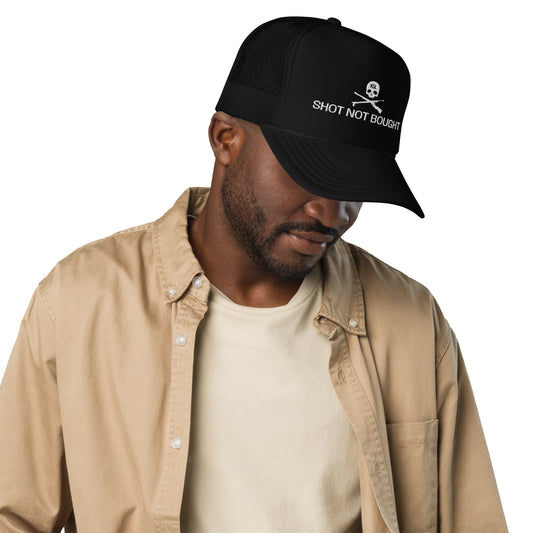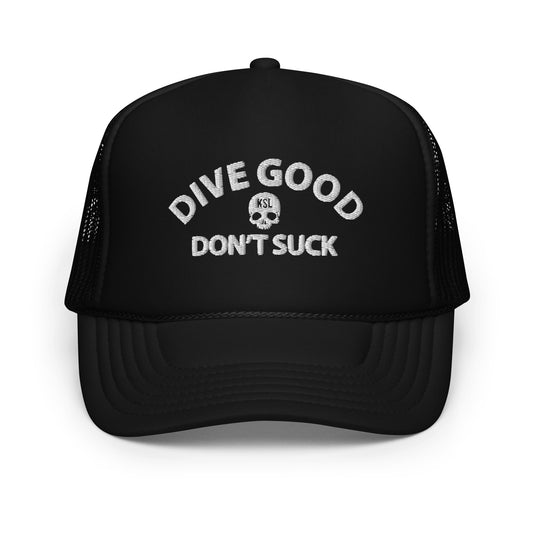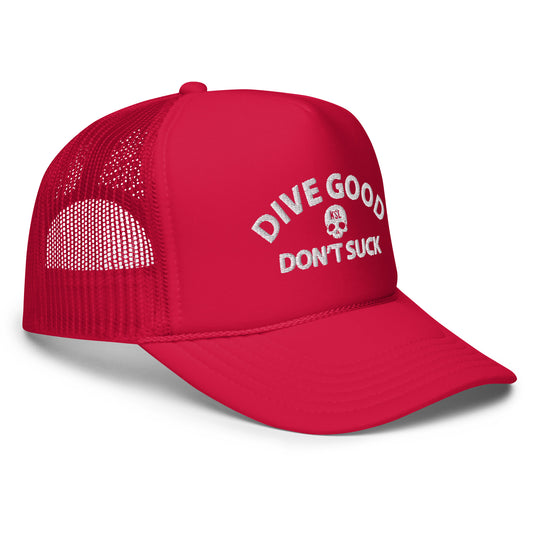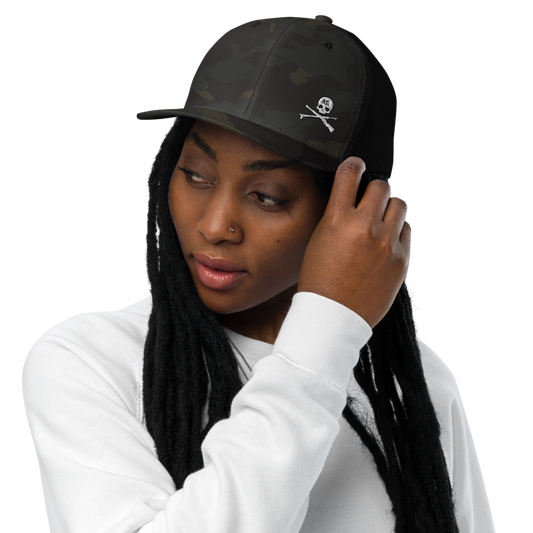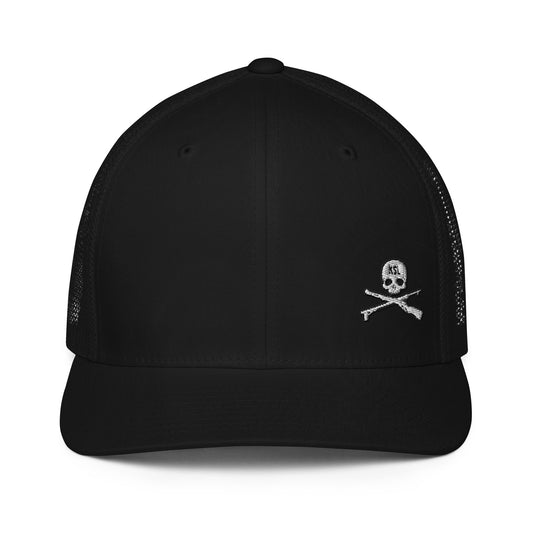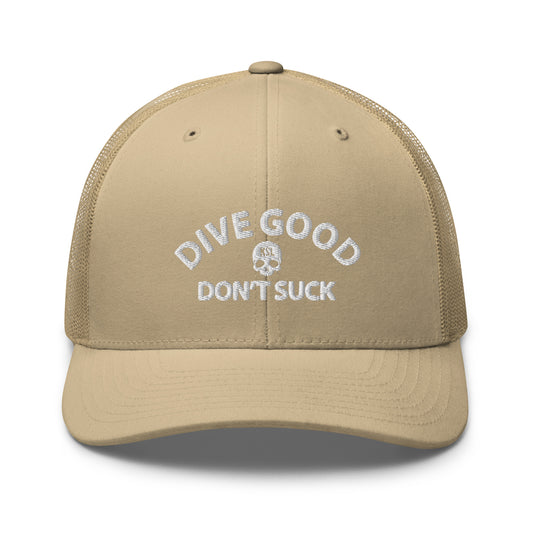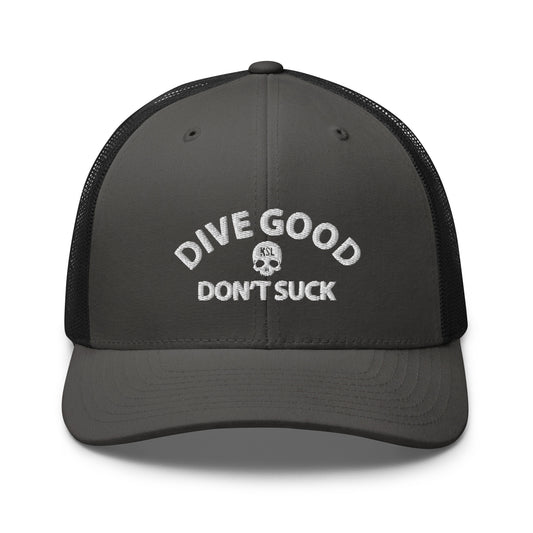Does Deer Scent Blocker Really Work?
Share

For centuries, hunters have sought ways to mask their scent from the keen noses of deer and other wildlife. The idea behind deer scent blockers is simple: by neutralizing or covering up human odors, those who pursue a shot not bought lifestyle can increase their chances of getting closer to their prey. But does deer scent blocker really work? In this article, we will explore the science behind these products and their effectiveness in the field.
The Science of Deer Scent Detection
Before diving into the effectiveness of deer scent blockers, it's crucial to understand why deer have such a remarkable ability to detect scents. Deer belong to a family of animals known as Cervidae, which includes white-tailed deer, mule deer, and elk. They possess an olfactory system that is highly developed and finely tuned for detecting even the faintest odors.
A deer's nose contains millions of sensory receptors, far more than that of a human. This allows them to pick up a wide range of scents and identify even the slightest changes in their environment. For deer, scent is a primary means of communication, used for detecting danger, finding food, and interacting with other deer.
Deer Scent Blockers: How They Work
Deer scent blockers are designed to interfere with a deer's ability to detect human odors. These products typically come in the form of sprays, lotions, detergents, or clothing. They work by either masking human scents or neutralizing them altogether.
-
Masking Scents: Some scent blockers contain natural or synthetic compounds that emit strong, pleasant odors. These odors are intended to overpower or mask human scent. Common masking scents include earthy, woodsy, or natural animal odors.
-
Neutralization: Other products aim to neutralize human odors rather than mask them. They may contain enzymes or chemicals that break down the compounds responsible for human scent, rendering them odorless.
Effectiveness of Deer Scent Blockers
The effectiveness of deer scent blockers is a topic of ongoing debate among hunters and wildlife experts. Some argue that these products can be useful when used in combination with other scent-control measures, while others remain skeptical about their overall impact. Here are some key factors to consider:
-
Environmental Factors: Scent blockers may be more effective in certain conditions than in others. Factors such as wind direction, humidity, and temperature can influence their performance. A well-executed scent-control strategy should consider these variables.
-
Application: The correct application of scent blockers is crucial. Hunters must follow instructions carefully to ensure that the product is applied evenly and adequately to clothing, gear, and their own bodies.
-
Personal Hygiene: Scent control is not limited to the use of scent blockers alone. Proper personal hygiene practices, including scent-free soaps and clothing, are essential components of a comprehensive strategy.
-
Animal Behavior: While scent blockers may help reduce a deer's ability to detect human odors, they cannot entirely eliminate the risk of detection. Deer still rely on other senses, such as sight and hearing, to detect potential threats.
Conclusion
The effectiveness of deer scent blockers remains a topic of debate within the hunting community. While these products can play a role in reducing the risk of detection by deer, they should not be considered a magic solution. Hunters should view scent control as a holistic approach that includes proper hygiene, clothing, and gear, in addition to scent blockers.
Ultimately, the success of a hunt depends on a hunter's knowledge of deer behavior, their skill in tracking and concealment, and their ability to adapt to changing environmental conditions. While deer scent blockers may offer some advantages, they are just one tool in the hunter's arsenal and should be used in conjunction with a broader scent-control strategy.
